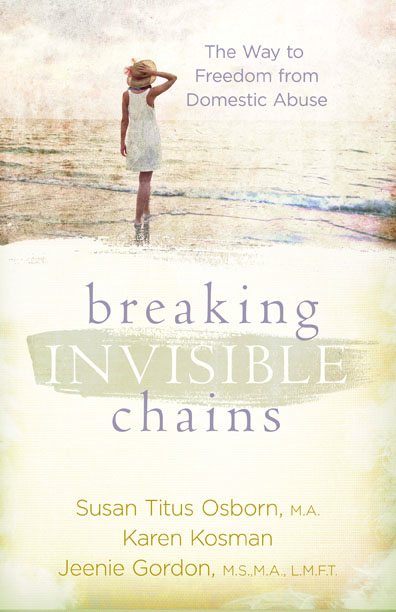Here is the final blog on tax tips.
If your writing expenses add up to more than your gross sales, you can claim a loss and deduct it from your declarable income—lowering your taxable income. Be careful! IRS rules state that you must show a profit after the third year. If you are audited and you failed to show a profit by the third year, the IRS can declare the whole thing a “hobby.” The hobby tax rules are different from the business ones, and you could find yourself owing taxes on back years for expenses claimed that are not allowed to be recognized because they exceed the income (i.e., no losses are allowed for a hobby). You need to be able to prove that you are running a business and attempting to make a profit. Check with your tax preparer.
If your net business income is $400 or more within one year, you must file the Form SE for your self-employment taxes. The IRS free publications on how to file these forms are excellent. The one I have found most helpful is Publication 334, Tax Guide for Small Businesses. Call your IRS office at 800-829-3676 to obtain forms and pamphlets, or contact them on their website at www.irs.ustreas.gov/.
Remember! If you are actively writing and seeking publication, you are a businessperson. Be sure to run your business accordingly with accurate records and receipts to back up your deducted expenses. Again, check with a tax preparer (enrolled agent, registered/licensed tax preparer, or CPA), the IRS, and/or your state tax agency if you have any questions.
Treating your writing as a business, taking expenses you are entitled to, and cutting down on your declarable income leaves more money to donate to church and mission organizations. Thus, one ministry can serve another.


